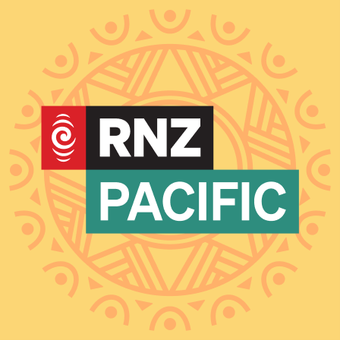Improving access to land within the settlements of Port Moresby
- Description:
- Improving access to land in the Pacific remains a difficult problem. This paper presents results from a field survey conducted in 12 randomly selected settlements in Port Moresby, the capital of Papua New Guinea, to investigate how settlers acquire land for housing. The analysis shows that several means for land acquisition is used; ranging from outright occupation (that is, land invasion) to purchase of use-rights from the customary landowners. The security of tenure on land held under customary title is maintained using mechanisms ranging ...
- Display date:
- 2010
- Location:
- Papua New Guinea
- Format:
- Working/Technical Paper
- Collections:
- Australian National University Library
- Publisher:
- Crawford School of Economics and Government, The Australian National University
- Content partner:
- Australian National University Library
- Availability:
- Not specified
-
Copyright status: All rights reservedFind out more about what you are able to do with this itemThis item is all rights reserved, with means you'll have to get permission from Australian National University Library before using it. For more information, please see our use and reuse page.More informationAustralian National University Library has this to say about the rights status of this item:
Author/s retain copyright
What can I do with this item?Non-infringing useNZ copyright law does not prevent every use of a copyright work, and this item may be hosted by an international institute or organisation. You should consider what you can and cannot do with a copyright work.No sharingYou may not copy and/or share this item with others without further permission. This includes posting it on your blog, using it in a presentation, or any other public use.No modifyingYou are not allowed to adapt or remix this item into any other works.No commercial useYou may not use this item commercially.
Related items
Welcome and warm Pasifik greetings
The information on this site has been gathered from our content partners.
The names, terms, and labels that we present on the site may contain images or voices of deceased persons and may also reflect the bias, norms, and perspective of the period of time in which they were created. We accept that these may not be appropriate today.
If you have any concerns or questions about an item, please contact us.


